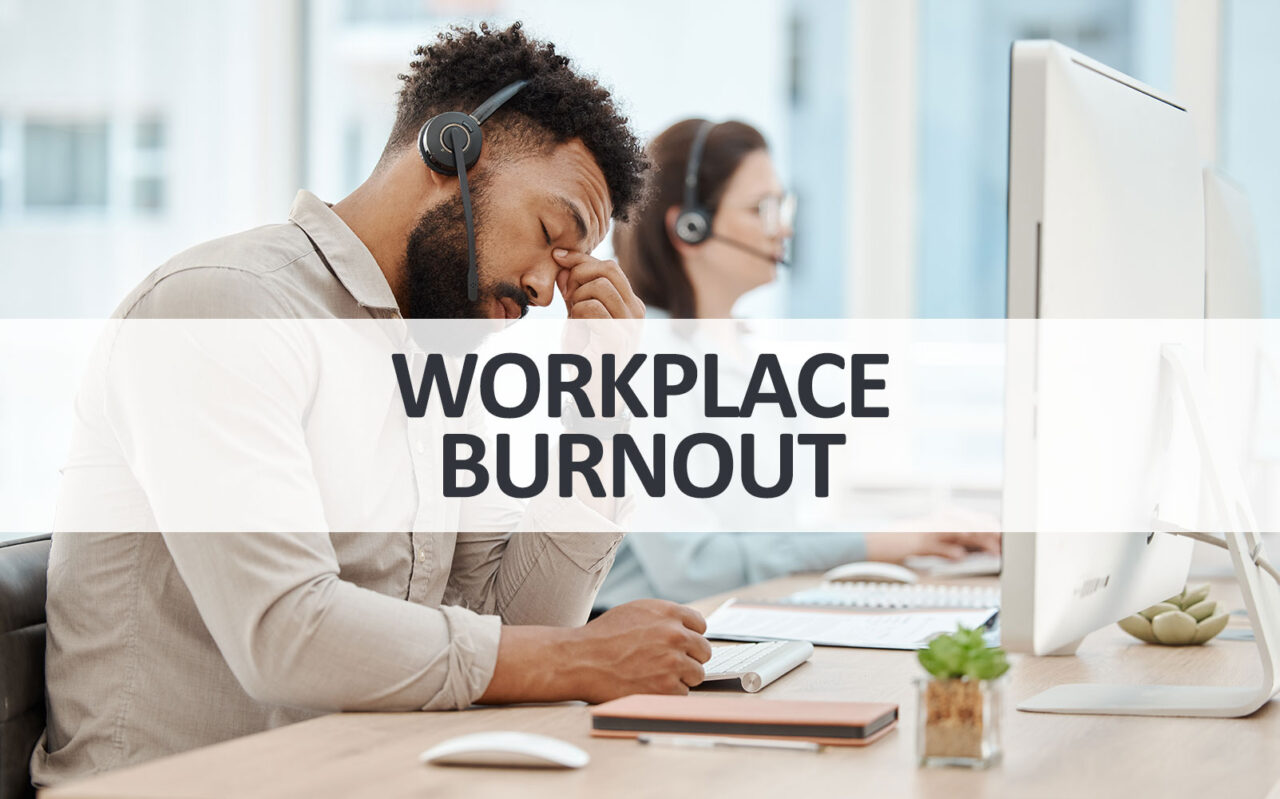Workplace burnout can have a significant impact on productivity. When employees experience burnout, their ability to perform at their best and maintain a high level of productivity is often compromised. Here are some ways in which burnout can affect productivity:
- Decreased Energy and Motivation: Burnout can leave individuals feeling physically and emotionally exhausted. This lack of energy and motivation makes it challenging for them to stay focused, engaged, and productive in their work.
- Reduced Concentration and Attention: Burnout can impair cognitive function, including concentration and attention span. When individuals are mentally drained, they may struggle to stay focused on tasks, leading to decreased productivity and an increased likelihood of errors.
- Decline in Work Quality: As burnout progresses, individuals may experience a decline in the quality of their work. They may rush through tasks, make mistakes, or overlook important details. This decline in work quality can have negative consequences for overall productivity.
- Increased Sick Days: Burnout can lead to increased absenteeism, with employees taking more sick leaves or time off work to cope with physical and mental exhaustion. Additionally, even when employees are present, burnout can result in presenteeism, where they are physically present but not fully engaged or productive.
- Decreased Efficiency and Effectiveness: Burnout can impair problem-solving abilities, decision-making skills, and creative thinking. Individuals may struggle to generate innovative ideas or find efficient solutions to challenges, leading to decreased efficiency and effectiveness in their work.
- Interpersonal Challenges: Burnout can strain relationships with colleagues and superiors. Communication breakdowns, conflicts, and decreased collaboration can arise as a result of emotional exhaustion and detachment. These interpersonal challenges can further hinder productivity and teamwork.
- Increased Turnover and Recruitment Costs: Burnout can contribute to higher employee turnover rates as individuals seek to escape the overwhelming work environment. Constantly recruiting and training new employees to replace burnt-out workers can be costly and disrupt workflow, impacting overall productivity.
It is essential for organizations to address workplace burnout proactively to mitigate its negative impact on productivity. Implementing measures to support employee well-being, promoting work-life balance, providing resources and support, fostering a positive work culture, and encouraging open communication can help prevent burnout and improve productivity in the long run.
What you can do as an Employer
As an employer, providing your employees with access to mental health resources is a valuable investment in their well-being and can contribute to a healthier and more productive work environment. These services can include individual counseling sessions, group therapy, or workshops focused on stress reduction, mindfulness, or specific mental health concerns. Be known as the employer who cares.
We partner with small and medium sized Employers to provide online therapy services and wellness programs to their valued employees: bcsnygroup.com/programs/in-the-workplace



